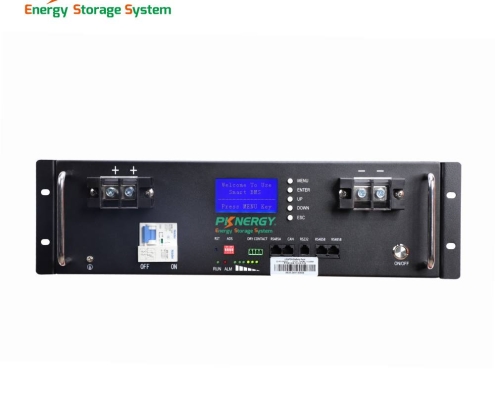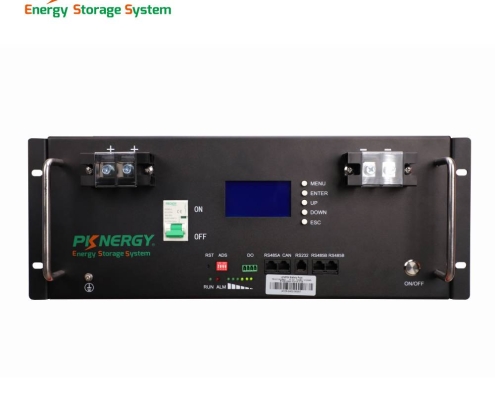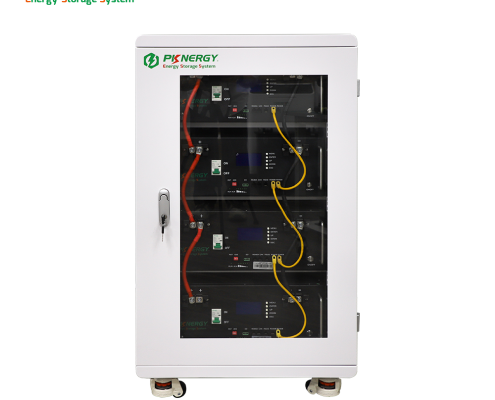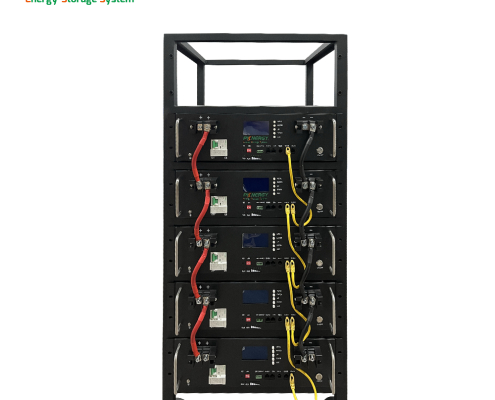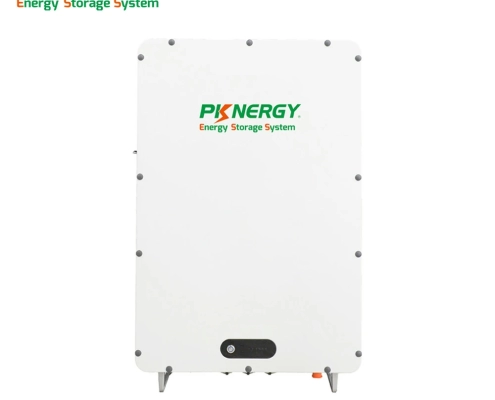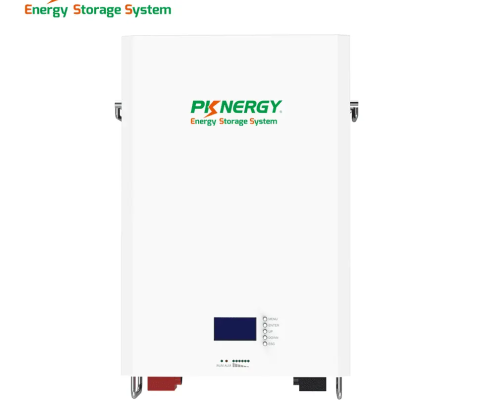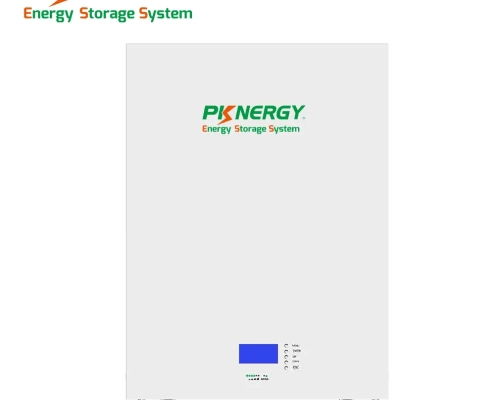Recently, a Vietnamese online worker experienced a power outage during a live broadcast, forcing him to stop his work. His video, showing his frustration due to the outage, quickly went viral. In Ukraine, which is currently at war, power outages are even more frequent. Reports indicate that the Ukrainian government has issued a decree requiring all public facilities to install solar panels and energy storage systems to cope with the growing energy shortages.
As modern life becomes more widespread and industrial expansion continues, many people have noticed that the traditional power grid seems increasingly unreliable. Despite paying rising electricity bills on time every month, power outages still occur.
The causes of these outages are twofold: on one hand, increased productivity has led to a surge in electricity demand, and on the other, traditional fuel sources for power generation are diminishing. Therefore, many countries are encouraging the development of renewable energy. In recent years, renewable energy has played an important role and will continue to grow in the future.
So, as ordinary households, how should we address this increasingly severe energy issue? Next, we will discuss energy storage backup power in detail.
How much can power outages cost?
Power outages can result in potential risks and direct losses. A single outage can cause property damage ranging from $200 to $30,000!
Perishable items in your refrigerator will be at risk if the power goes out. Typically, the food inside can last 1-2 hours with the remaining cool air, but unexpected outages often last longer than this! As a result, a single outage could cause you to lose all the food in your fridge, costing around $200.
If an online worker encounters a power outage, they will be forced to stop their work. As mentioned earlier, the Vietnamese worker could earn $1,000 to $2,000 in sales per hour if his work goes smoothly! A single outage could result in several times that amount in lost revenue!
For factories, stable production is crucial. An unexpected power outage can not only halt production but may also damage machinery, leading to losses of $10,000 to $20,000.
Even more seriously, power outages during extreme weather or for patients relying on medical equipment can pose life-threatening risks! Incidents of power outages caused by heavy snowfall have been frequently reported in past winters.
What is backup power?
Backup power is a power source that continues to keep machines running when the main power source fails—usually during a grid outage. A UPS (Uninterruptible Power Supply) typically refers to a power source that can detect power fluctuations and switch immediately within milliseconds.
What are the types of backup power?
Diesel Generators
In the past, diesel generators were commonly used as backup power sources. However, aside from the annoying roar of diesel generators, storing diesel, a flammable liquid, is dangerous. Additionally, maintaining power for long periods can be very costly!
Energy Storage Batteries
This is currently the best solution. Energy storage batteries can be charged while the grid is operational and then used during power outages. If you have a sufficiently large solar system, you can charge the batteries during the day by capturing solar energy and then release it at night. UPS with rechargeable batteries is the primary method for dealing with grid interruptions and outages.
Features of Energy Storage Batteries as Backup Power
Reliability: Backup power ensures that critical equipment and systems continue to operate immediately or quickly when the main power source fails or is interrupted.
Diversified Energy Sources: Energy storage batteries can be recharged from the grid, solar power, or any other energy sources. This diversification allows the backup battery system to be optimized according to the specific environment and needs.
Long-Term Power Supply: The duration of power supply from a backup system depends on its design and capacity. Users can select the number of batteries to meet their needs based on actual power requirements.
Recommended Backup Power Options
Product Overview
This battery features a compact design that easily fits into standard racks, taking up minimal space while providing powerful energy storage. With the ability to connect multiple battery units in series or parallel, users can easily expand capacity to achieve longer backup times and higher system reliability.
Product Overview
This wall-mounted battery is an ideal choice for home use. It can be mounted directly on the wall, effectively saving floor space, making it perfect for environments with limited space. The wall-mounted design not only saves space but also enhances aesthetics, suitable for both indoor and outdoor installation. It can seamlessly integrate with solar systems, storing solar energy generated during the day for use at night or during power outages.
Conclusion
It is necessary to prepare in advance for power outages. By choosing the right backup power based on your actual usage scenarios and capacity needs, you can ensure you are well-equipped. After all, it’s better to be safe than sorry.
FAQ:
What is emergency vs backup power?
Scope: Emergency power is limited to critical systems, while backup power can support a wider range of applications.
Duration: Emergency power typically focuses on short-term, immediate needs, whereas backup power can provide longer-term support.
Regulatory Requirements: Emergency power is often mandated by safety codes, while backup power is generally a matter of convenience and operational continuity.
What is the difference between generator backup power and UPS backup power?
Response Time: UPS provides instant power without any interruption, whereas generators have a startup delay.
Fuel: Generators require fuel to operate, while UPS relies on batteries that need to be charged.
Is inverter a power backup?
An inverter is a key component of a power backup system, but it is not a standalone power backup source.
Save Money, Protect Environment
PKNERGY helps you reduce your energy bills for your home solar energy storage, store your solar energy for use anytime- at night or during an outage.


